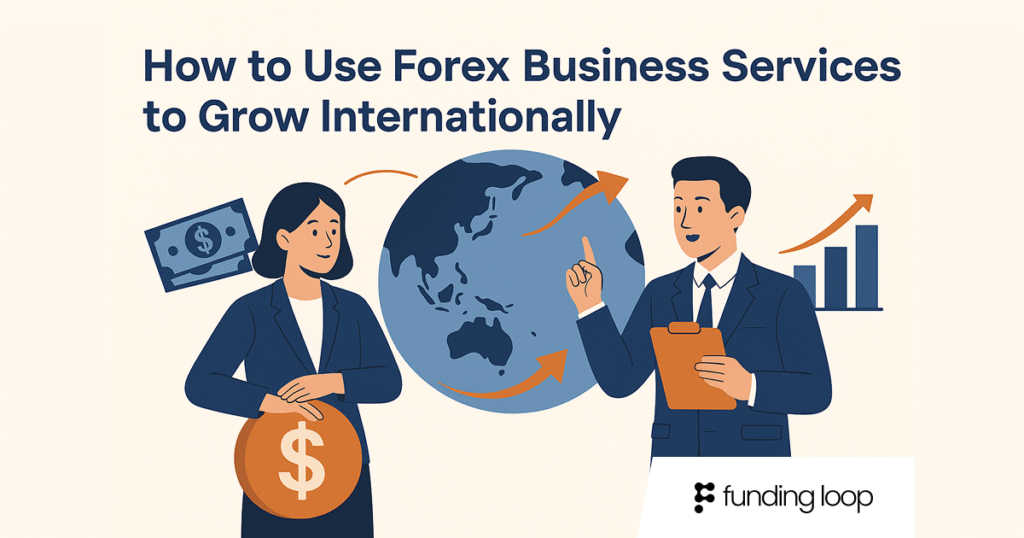How to Use Forex Business Services to Grow Internationally
Home » Business Growth Hub » How to Use Forex Business Services to Grow Internationally

For many Australian small and medium-sized businesses, global trade is no longer a luxury—it’s a necessity. Whether you’re importing goods, paying overseas contractors, or expanding into new markets, having the right forex business strategy can make a significant impact on your bottom line.
What Is a Forex Business Service?
Forex (foreign exchange) business services help companies convert currencies and manage international payments. These services are crucial for businesses dealing with suppliers, clients, or partners in different countries. Unlike retail currency exchange, business forex focuses on larger transactions, better exchange rates, and tools to protect against market volatility.
Why Forex Services Matter for Australian Businesses
- Better Exchange Rates: Business forex providers often offer better rates than banks, reducing your costs over time.
- Faster International Payments: Speed matters when paying overseas. Forex platforms typically offer quicker transfers.
- Hedging Tools: Protect your business from currency fluctuations with forward contracts and risk management strategies.
- Dedicated Support: Business forex platforms usually offer account managers and support tailored to your industry and needs.
Common Use Cases for Forex Business Services
1. Paying Overseas Suppliers
If you import products or raw materials, you’ll likely need to pay invoices in foreign currencies. Forex services help you lock in favourable rates and avoid unnecessary fees.
2. Receiving Payments from International Clients
For exporters or service providers working across borders, receiving funds in your local currency quickly and securely is vital. Forex platforms can simplify this process and reduce losses on conversion.
3. Expanding to Global Markets
Planning to launch a branch overseas? You’ll need to transfer capital, pay local staff, or invest in infrastructure—all of which benefit from efficient forex services.
How to Choose a Forex Provider
When choosing a forex partner, look for the following:
- Competitive Rates: Compare exchange margins and fees.
- Transparent Pricing: Avoid hidden charges or markups.
- Regulated Providers: Ensure the company is licensed to operate in Australia.
- Specialised Business Tools: Features like batch payments, API integration, or forward contracts are useful for larger operations.
Integrating Forex with Your Business Finance Strategy
Forex shouldn’t operate in isolation. Ideally, your foreign exchange strategy should integrate with your overall financial planning—especially cash flow, budgeting, and supplier negotiations. Working with a finance specialist can help align your forex approach with your broader business goals.
FAQs About Forex Business
What is the difference between retail forex and business forex?
Retail forex is designed for individuals and small currency exchanges, often at airports or banks. Business forex involves larger transfers, better rates, and tailored services for commercial needs.
Is it safe to use non-bank forex providers?
Yes, as long as the provider is regulated by ASIC and offers transparent terms. Many businesses use specialist forex companies for better pricing and support.
Can I hedge against currency risk?
Yes. Many forex providers offer hedging tools such as forward contracts, which lock in exchange rates for future transactions and reduce uncertainty.
- Funding Loop